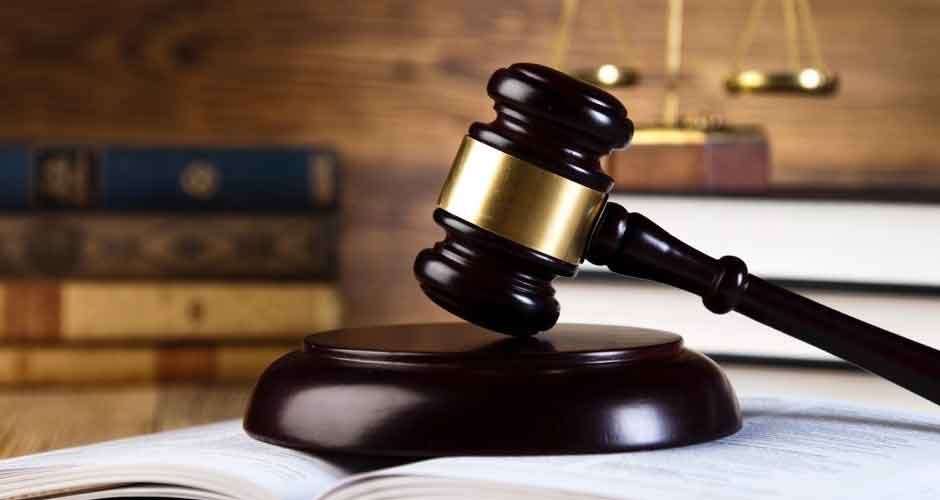Dealing with the legal system can be confusing, especially if you’re not familiar with how it works. Knowing how things go in Colorado can help you make sure your rights are protected and seek fairness. This article gives a simple rundown of how civil and criminal legal processes work in the state. It’s like a guide to help you find your way through the court system’s complicated stuff.
The Civil Legal Process
When people have a disagreement that ends up in the legal system, the civil legal process steps in to help sort things out. It can be a bit of a long and complicated journey, but understanding the basics can make it easier to navigate.
Before Going to Court
First off, before you even think about going to court, take a good look at your situation. See if there’s a way to work things out without going to court, like through mediation or arbitration. These methods are often quicker and cheaper than going through a full-blown court case. If those don’t work, start gathering evidence, statements from witnesses, and any important documents that support your side of the story.
Starting the Lawsuit
If you decide you need to go to court, you kick things off by filing a complaint with the right court. This complaint lays out the facts, the legal claims you’re making, and what you want to happen. The other person, called the defendant, gets served with the complaint and has a chance to respond with their side of the story.
Finding Out Information
Then comes the discovery stage. Both sides get to ask each other for information and evidence. This might involve things like interviews, written questions, and requests for important documents.
Before the Big Day in Court
Before the actual trial, either side can ask the court for certain things, like throwing out the case, keeping out certain evidence, or getting some other kind of help. These requests, called motions, can be a bit tricky and might need some legal help.
Time for the Trial
If things aren’t settled by this point, it’s time for the big event—the trial. Both sides present their evidence and arguments to a judge or jury. According to the attorneys at Fang Law Firm, this is where they might bring in witnesses, experts, and documents to back up what they’re saying. After hearing everything, the judge or jury makes a decision, called a verdict, to settle the case.
After the Verdict
Once the verdict is out, either side can try to challenge it by filing an appeal or some other post-trial motions. If the verdict stands, the court will give a judgment that tells the losing side what they have to do or pay.
Understanding these steps can make the legal process seem a bit less overwhelming.
The Criminal Legal Process
The criminal legal process is in place to keep the public safe by making sure individuals are responsible for their criminal actions. This process makes sure the accused person’s rights are protected and that the outcome is fair and just.
Investigation:
When a crime happens, the police look into it, collect evidence, and identify possible suspects. If there’s enough evidence, the prosecutor might officially charge the suspect with a crime.
Initial Appearance and Advisement:
After being arrested, the accused person goes in front of a judge for an initial appearance. The judge explains their rights and sets a bond, which is like a promise to come back for future court dates.
Preliminary Hearing
In some cases, there’s a preliminary hearing to figure out if there’s enough reason to believe the accused really committed the crime. This isn’t about deciding guilt or innocence but helps decide if the case should go to trial.
Arraignment
During arraignment, the accused person says if they’re guilty, not guilty, or have no contest. This sets the stage for what happens next in the case.
Pretrial Conference and Motions
Both sides talk about possible plea deals, share information, and deal with issues before the trial. Sometimes, there are requests to throw out evidence or dismiss the case.
Trial
If the case goes to trial, the prosecution shows evidence and arguments to prove the accused is guilty. The defense then presents its side, trying to show doubts about the evidence. A jury or judge then decides if the accused is guilty or not.
Sentencing
If the person is found guilty, the judge decides the punishment. This could be time in jail, probation, fines, or other penalties.
Appeals
After the trial, either the accused or the prosecutor can ask a higher court to review the decision or the punishment.
Resources for Legal Assistance in Colorado
Getting through the legal system can be tough, and having professional legal help is often really important. In Colorado, there are various resources to support people as they go through legal stuff:
- Colorado Bar Association: The CBA has info and resources for both lawyers and the public. They can help connect you with a lawyer through their referral services.
- Legal Aid Foundation of Colorado: This non-profit group gives free legal help to people with lower incomes who are dealing with civil legal issues.
- Colorado Courts Self-Help Center: This online resource has information and forms for people who are representing themselves in court.
- Law Libraries and Legal Clinics: You can find free legal help and resources at many public libraries and law schools.
Understanding how things work in the legal system in Colorado helps people handle it better. Whether you’re dealing with a disagreement or facing criminal charges, knowing your rights and using the resources available can make sure things are fair and just, but also remember that it’s really important to get advice from qualified professionals who can help with the specific details of your case.






